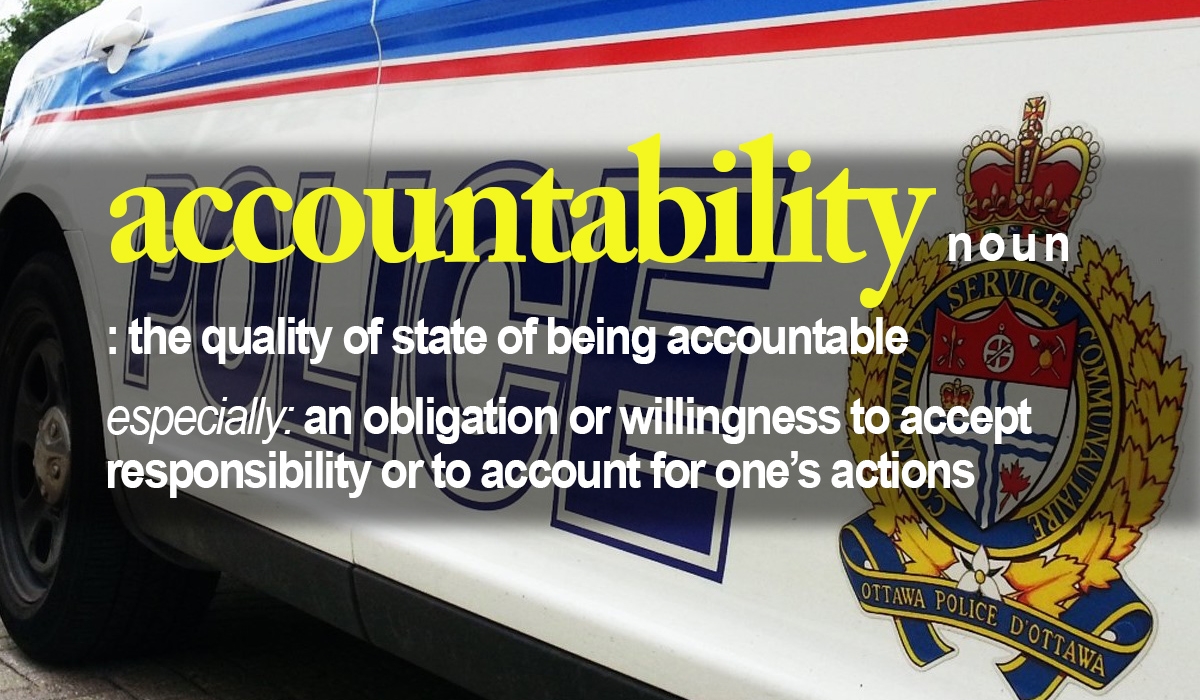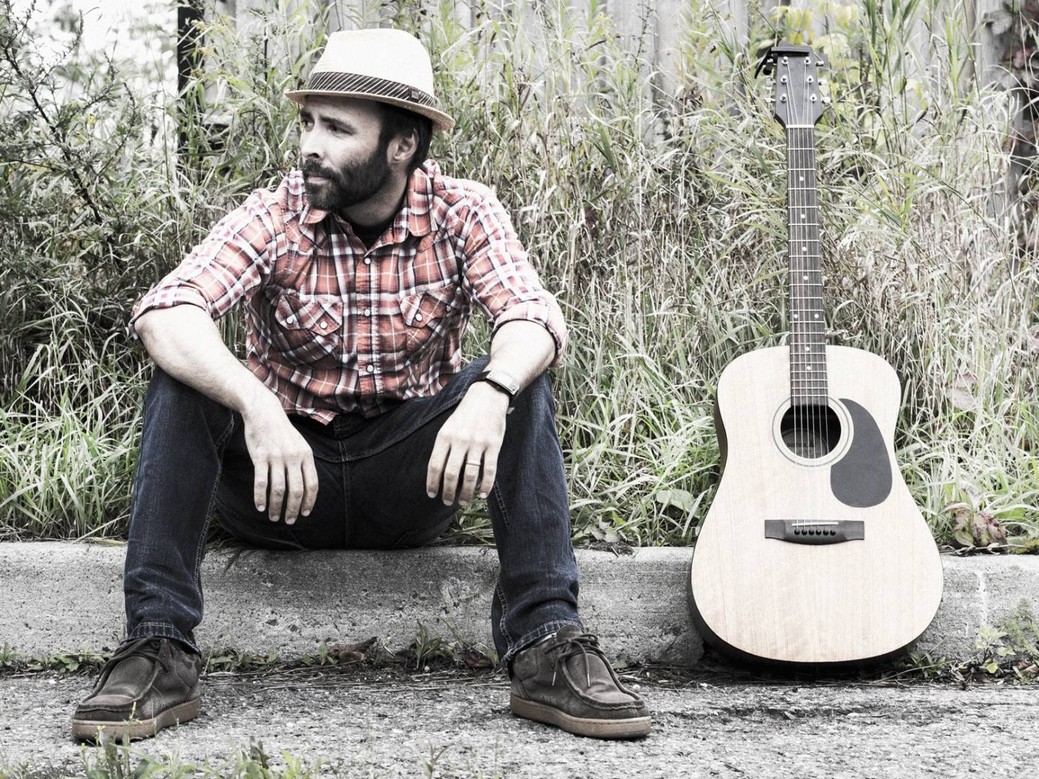
A lack of police accountability and oversight is the sole reason for public anger
This past weekend demonstrations across Canada by various groups and individuals demanding that governments defund police result from the lack of police accountability in Canada. Police violence has reached such an unacceptable level in this country that it has undermined people’s trust and confidence in our criminal justice system. Although the term ‘defund’ police has nebulous connotations, what is clear is that people have lost faith not only in our police but in the capacity of our justice system to reign in the excessive use of force by police when dealing with citizens.
While only a small percentage of police officers use excessive force against citizens and commit acts of discreditable conduct under the Police Services Act of Ontario or other similar provincial acts, every officer is being branded negatively as being inept, incompetent, and a danger to the public. In my opinion, most people who wear a police uniform are honest, law-abiding people who genuinely want to provide a professional service to their communities. So why has the situation deteriorated to such an extent that citizens are demanding that governments defund police? How will defunding police reign in those officers who are a direct threat to the public, and exactly how will this prevent that small percentage of police officers from using unreasonable and excessive force against citizens in this province and across Canada?
I am not convinced that protests and marches and the defunding of police will prevent further tragedies from occurring in the future. The real issue is the lack of police oversight and meaningless consequences for officers who break the law. Politicians have done nothing at the municipal, provincial, and federal level to hold the police accountable for their actions. In many cases, police misconduct has ruined lives and families, yet they act with impunity because they know they have immunity. There are some questions that you citizens should be demanding answers to from their elected representatives:
1. Why is it that a person who has a criminal record for minor offences cannot apply to join a police service, but yet those who are hired, recruited, and trained can keep their jobs even if they commit serious crimes such as theft, driving while impaired, sexual assault, manslaughter and a myriad of other criminal offences?
2. How come police officers who are charged and convicted of crimes under the Criminal Code of Canada are often given absolute discharges by the courts so that they do not receive a criminal record? Given the special position they occupy in society, does this make any sense?
3. Why are police officers charged with serious crimes suspended with pay? No one in the private sector would be allowed to keep their job if they faced charges under the Criminal Code of Canada, and nor would they receive their salary while their case works its way through the courts. Police officers should be suspended without pay. Once the matter is resolved, the officer could be reimbursed if they are acquitted of the charge.
4. When police officers use excessive force against a civilian and the civilian sues the police and the city and receives a significant settlement in compensation, why are those responsible for the lawsuit not being fired or charged under the criminal code of Canada?
5. Why is it that people appointed to police service boards in Ontario are not required to have extensive qualifications and experience in the criminal justice system?
6. How come the Criminal Code of Canada does not make it a criminal offence for police officers to stand around and not intervene when another police officer is clearly using excessive and unjustified force against a citizen? A well-known case occurred in Ottawa a few years ago, which was caught on video where a police officer bashed a woman’s head on the trunk of the police car while his partner turned and looked in the opposite direction.
7. Why are retired police officers allowed to work as investigators for the Special Investigations Unit (SIU), the Office of the Independent Police Review Director (OIPRD), and the Civilian Review and Complaints Agency for the RCMP? The legislation should clearly state that these organizations cannot employ former and retired police officers as it constitutes a direct conflict of interest? (It is farcical for these agencies to portray themselves as impartial and independent when it's clear that police should not be investigating police).
8. The evidence clearly shows that 80 per cent of what police officers do on the job has nothing to do with crime-fighting. So, why does 80 per cent of police training focus on firearms competency, use of force scenarios, physical fitness, tactical training, and crowd control? Less than 20 per cent of their training deals with mediation, de-escalation, communications, drug addiction, and mental health issues? The training is obviously backward so why has the training in this province not been completely overhauled? This was recommended in a report by the Ontario Ombudsman in 2016 titled ‘A Matter of Life and Death’ and has been ignored by the Ontario government.
9. Why is it that municipal, provincial, and federal politicians have not brought in legislation that clearly circumscribes and reduces the powers of police associations in this province and this country? As many pundits have observed, one of the major impediments for bringing about meaningful reforms and oversight in policing is because police associations have become politically active and have been effective at blocking the changes that are required to hold police accountable.
10. Why is it that the Ontario Police Services Act does not allow Chiefs of Police to automatically fire a police officer who has been convicted of crimes under the Criminal Code of Canada or for acts of discreditable conduct under the Act?
11. Why are individual police officers not given a psychiatric examination after being involved in street policing for over five years if for no other reason than to ensure that they are still mentally stable to perform their duties? Police officers are given the legal authority to carry guns, and for this reason alone, they should be subject to such an evaluation.
12. Why does the Civilian Review and Complaints Commission for the RCMP report to a public safety minister rather than the parliament of Canada? Policing must be independent and impartial. It is a conflict of interest for a police agency to be reporting to a public safety minister. The same question is true in Ontario as the Commissioner of the Ontario Provincial Police should report to the legislature and ‘not’ a member of the Cabinet.
13. Why haven’t politicians at the municipal, provincial, and federal levels taken action to address these issues? In the end, politicians are responsible for the public outrage that has developed against police in this country. By doing and saying nothing, they are responsible for the current crisis in policing, and Canadians should demand they answer these questions. If they ignore the questions, then the logical answer is to defund them politically by defeating them in the next municipal, provincial, or federal election.
Canadians deserve better.
Darryl T Davies is a criminology instructor in the department of sociology and anthropology at Carleton University.









